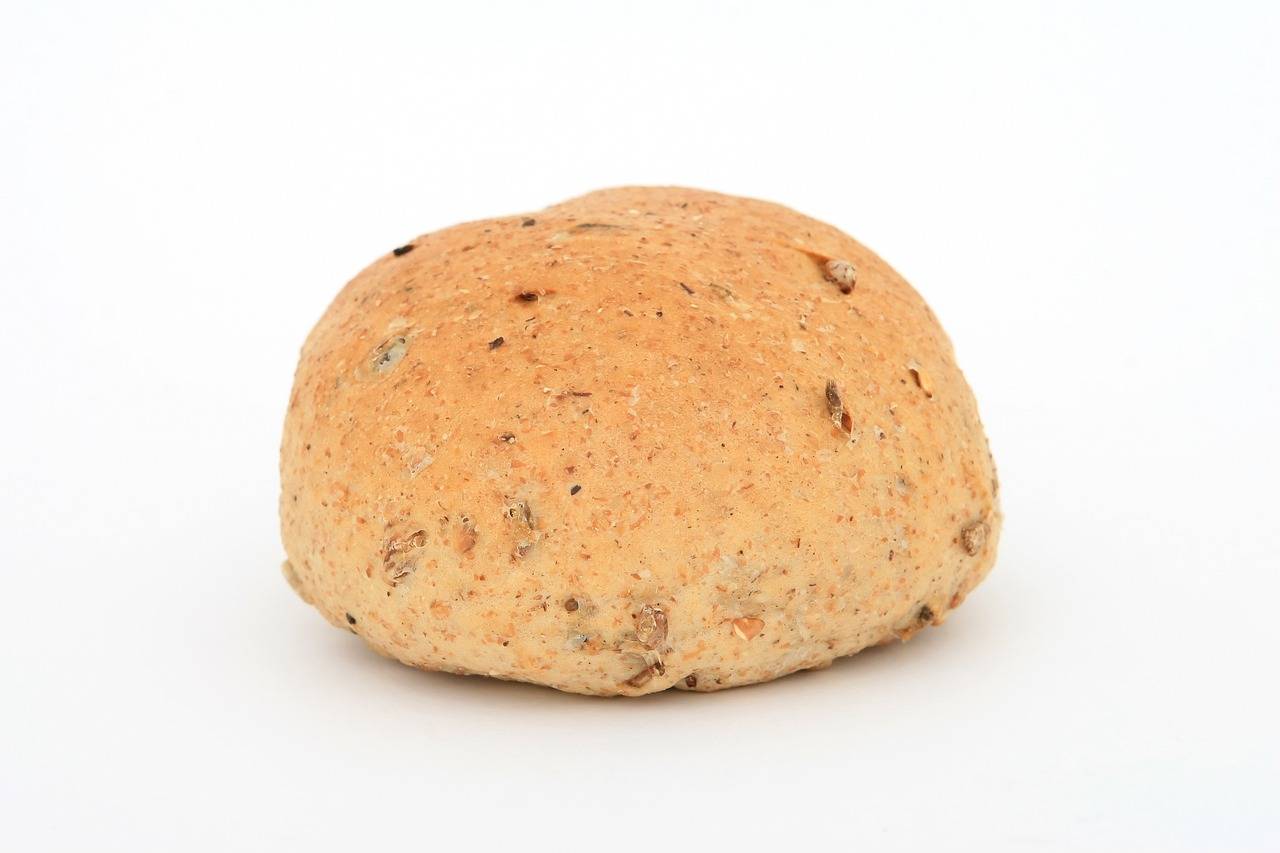The Connection Between Diet and Gut Health
A balanced diet plays a crucial role in maintaining overall health and well-being. Consuming a variety of nutritious foods provides the body with essential vitamins, minerals, and nutrients needed for optimal functioning. It is important to include a mix of fruits, vegetables, whole grains, lean proteins, and healthy fats in your daily meals to support a healthy lifestyle.
Furthermore, a balanced diet helps regulate energy levels and improves cognitive function. By fueling your body with the right nutrients, you can enhance your focus, concentration, and productivity throughout the day. In contrast, a diet high in processed foods and sugars can lead to energy crashes and feelings of fatigue. Prioritizing a balanced diet not only benefits your physical health but also contributes to mental clarity and overall well-being.
How Diet Impacts Gut Microbiome
The foods we consume play a crucial role in shaping the composition and diversity of our gut microbiome. A diet rich in fruits, vegetables, whole grains, and prebiotic foods promotes the growth of beneficial bacteria in the gut, enhancing overall health and well-being. In contrast, a diet high in processed foods, sugar, and saturated fats can lead to an imbalance in gut bacteria, potentially compromising gut health and immune function.
Research has shown that the gut microbiome is highly responsive to dietary changes, with short-term alterations in diet resulting in rapid shifts in bacterial populations. By adopting a diverse and balanced diet, individuals can support a healthy gut microbiome, which in turn may help reduce the risk of various diseases such as obesity, diabetes, and inflammatory conditions. Ultimately, making conscious food choices can have a profound impact on the delicate ecosystem of the gut microbiome, influencing not just our digestion, but our overall health and well-being.
What is the gut microbiome?
The gut microbiome refers to the trillions of microorganisms living in your digestive tract, including bacteria, viruses, and fungi.
How does diet impact the gut microbiome?
Diet plays a crucial role in shaping the composition of the gut microbiome. Eating a balanced diet rich in fiber, fruits, vegetables, and whole grains promotes a diverse and healthy gut microbiome.
What foods are beneficial for the gut microbiome?
Foods that are high in fiber, such as fruits, vegetables, whole grains, and legumes, are beneficial for the gut microbiome. Probiotic-rich foods like yogurt, kefir, and sauerkraut also support a healthy gut microbiome.
How does an unhealthy diet affect the gut microbiome?
A diet high in processed foods, sugar, and unhealthy fats can disrupt the balance of the gut microbiome, leading to a decrease in beneficial bacteria and an overgrowth of harmful bacteria.
Can I improve my gut microbiome through diet?
Yes, making healthy dietary choices, such as increasing your intake of fiber and fermented foods, can help improve the diversity and balance of your gut microbiome.
Are there any specific diets that are particularly beneficial for the gut microbiome?
Diets that are rich in plant-based foods, such as the Mediterranean diet or the DASH diet, are known to be beneficial for the gut microbiome. These diets emphasize whole foods and limit processed foods and added sugars.





